Multicultural hub or hipster heaven: A deprived corner of London will undergo renewal – or is it gentrification?
Plans to improve one of the country’s most deprived neighbourhoods change it beyond recognition, if the fears of some residents are realised
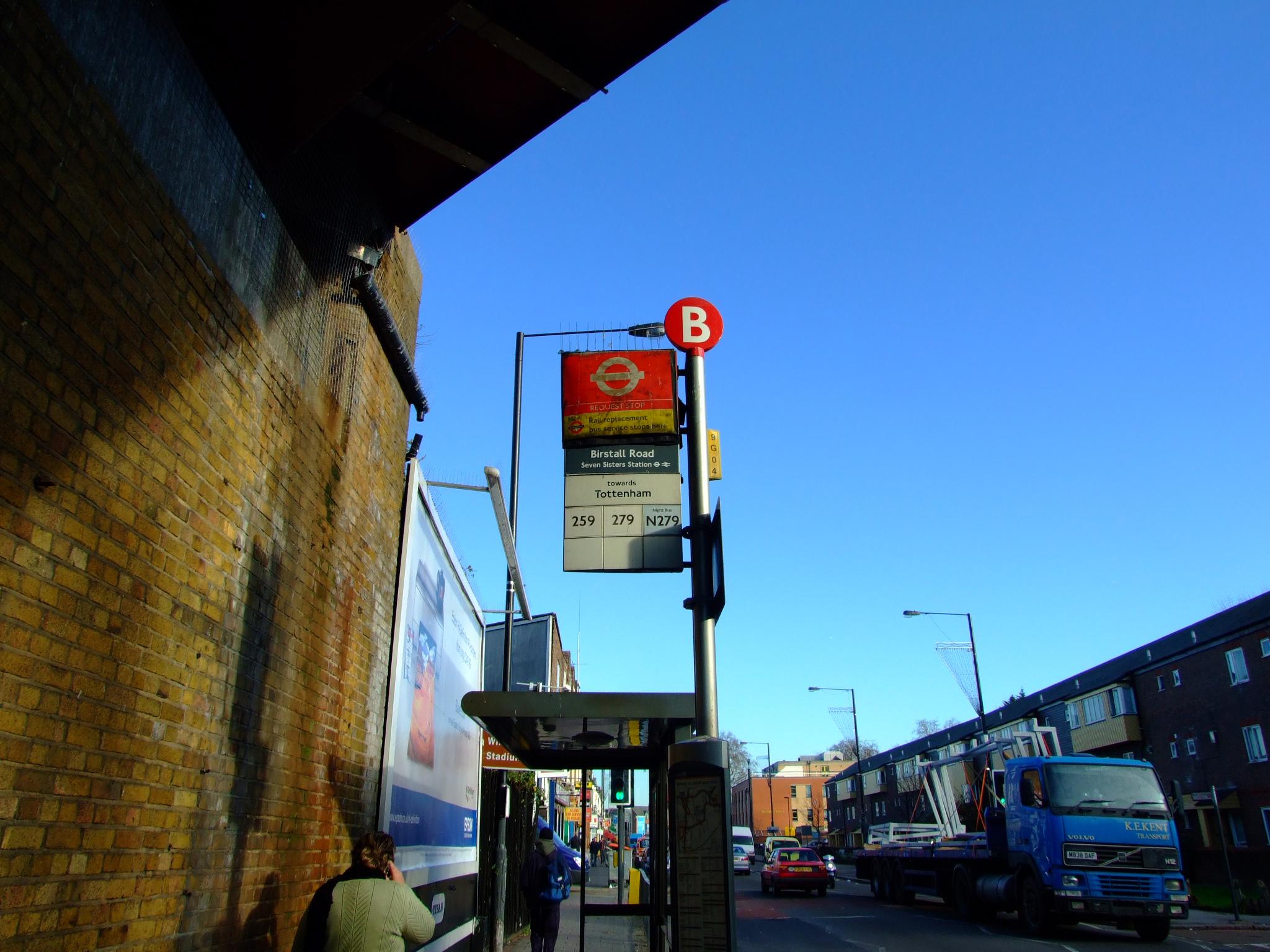
Your support helps us to tell the story
From reproductive rights to climate change to Big Tech, The Independent is on the ground when the story is developing. Whether it's investigating the financials of Elon Musk's pro-Trump PAC or producing our latest documentary, 'The A Word', which shines a light on the American women fighting for reproductive rights, we know how important it is to parse out the facts from the messaging.
At such a critical moment in US history, we need reporters on the ground. Your donation allows us to keep sending journalists to speak to both sides of the story.
The Independent is trusted by Americans across the entire political spectrum. And unlike many other quality news outlets, we choose not to lock Americans out of our reporting and analysis with paywalls. We believe quality journalism should be available to everyone, paid for by those who can afford it.
Your support makes all the difference.Victoria Alvarez is a ball of energy, darting around the indoor market.
On a recent morning, she broke away from chatting with a friend to burst into a general store there, asking its Iranian owner if he had some supplies she needed. She barely had time to hear his response before she was off again, standing behind the counter at her currency exchange and parcel shipping stall. In a brief quiet spell, when her husband took over, Alvarez walked across the hall to one of the market’s hairdressers for a blow-dry.
For Alvarez, a Colombia native who has had a stall here for 16 years and is president of the traders’ association, the market is a second home. Customers can shop for groceries, get a bite to eat or a haircut, meet a real estate agent and get legal advice, all under one roof. Her daughter spent much of her youth in its hallways.
“To me, my roots are very important,” she said. “This is why this market is such an important part of the community.”
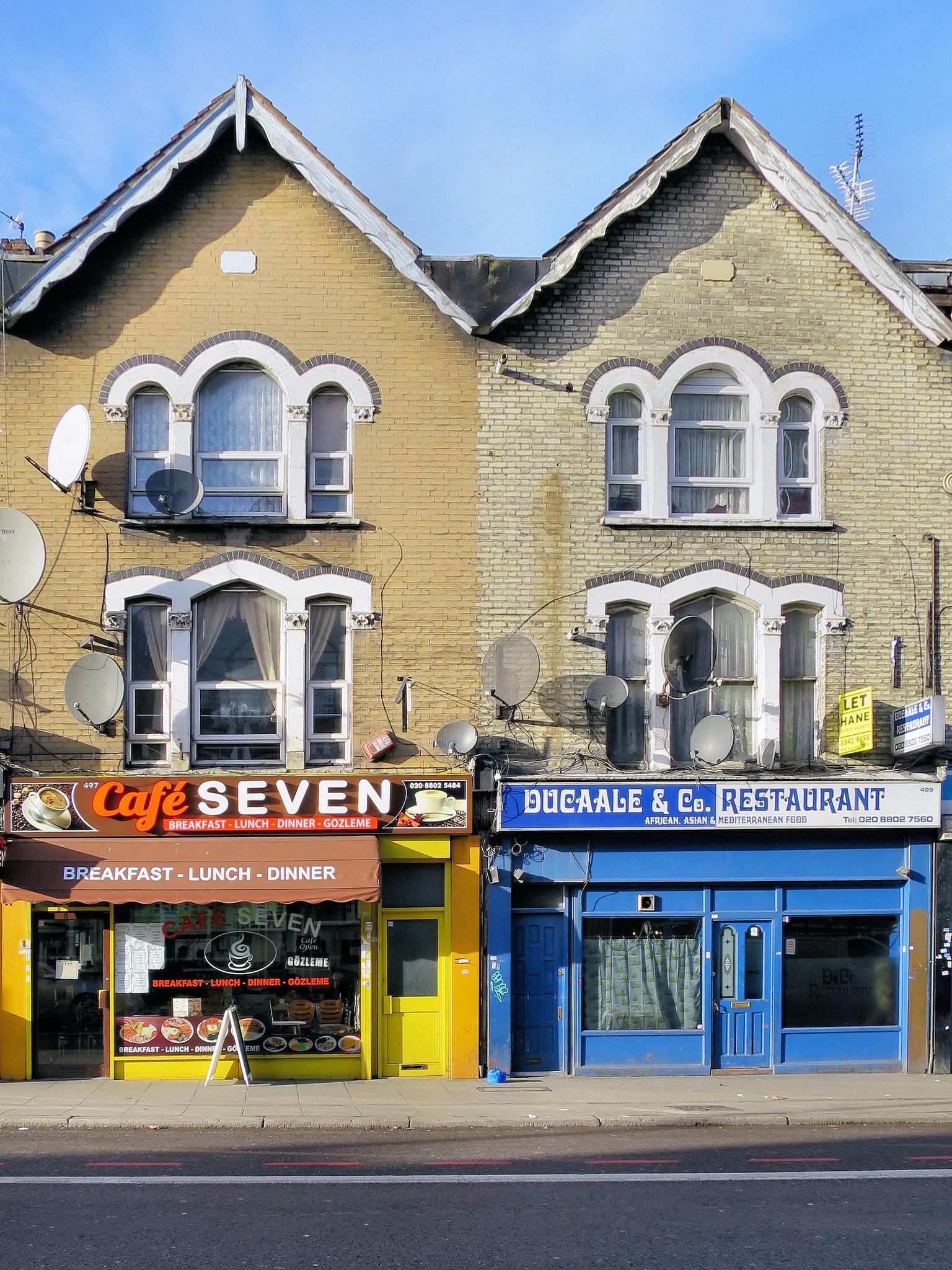
Now, she says Seven Sisters Indoor Market – claimed to be the biggest Latin American market – is under threat, caught in one of north London’s largest ever redevelopment programmes. Traders say that they are being priced out, that local officials are riding roughshod over their complaints, and that a hub for the British capital’s Spanish-speaking minority will be lost.
The district surrounding the market, Tottenham, is one of London’s most diverse, with more than 200 languages spoken in the area. It is centred on High Road, a three-mile stretch that is home to shops like halal butchers and Afro-Caribbean hairdressers, as well as small cafes, restaurants and markets like the one where Alvarez works.
Tottenham is also one of the capital’s most deprived districts, and the local council argues that it is in dire need of renewal. More than 10,000 people are on a waiting list for public housing. Measures of crime are higher than average. And proponents of the regeneration point to the 2011 London riots, which started in Tottenham, as evidence that the area’s problems must be addressed.
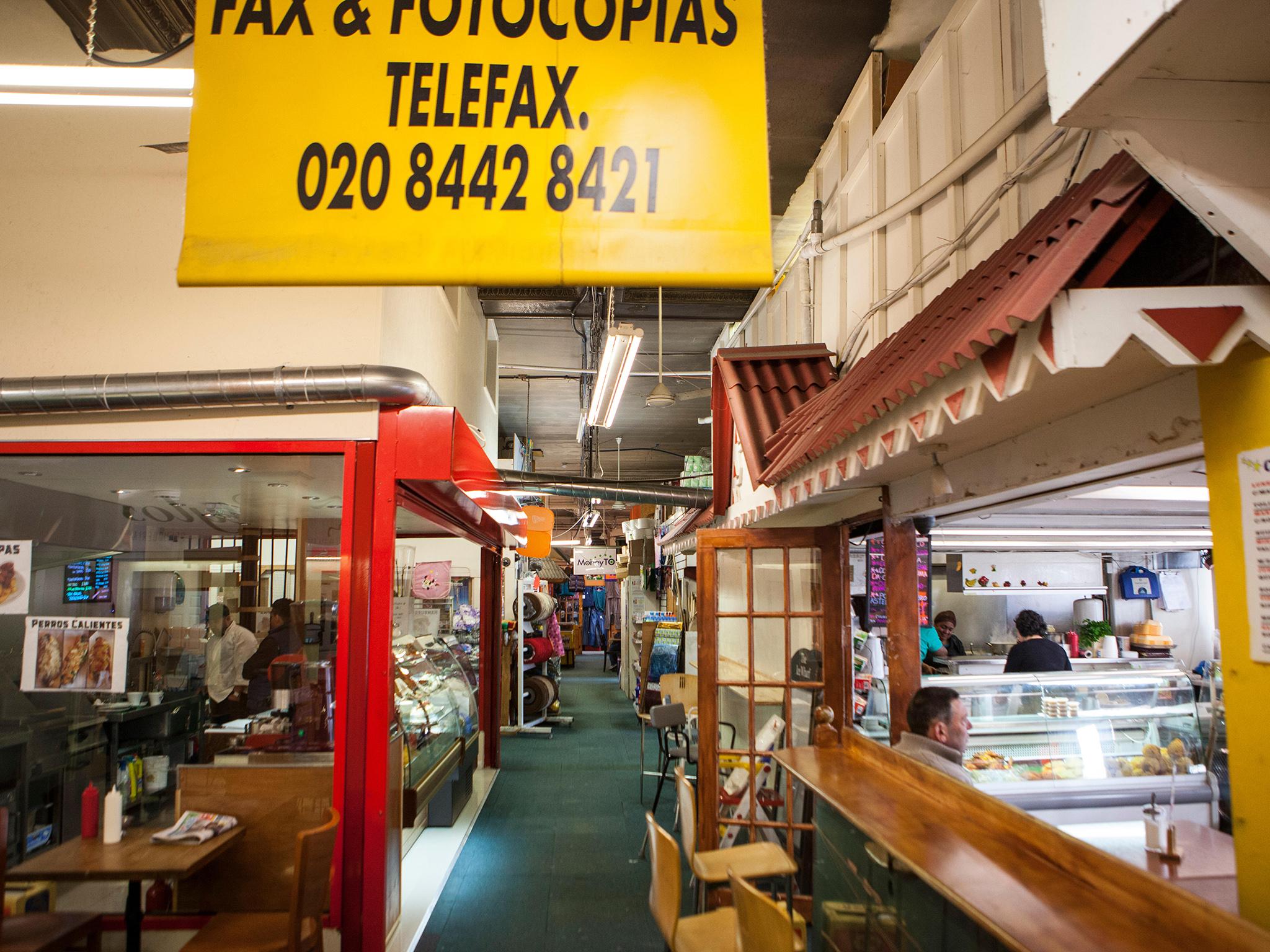
The neighbourhood sits uncomfortably beside wealthier places. People who live on the west side of Haringey, the council of which Tottenham is a part, live about nine years longer than those in the east. Students who live in the west typically perform better academically, and household incomes there are up to twice as high.
The situation – with uncomfortable parallels to Grenfell Tower, the public housing block that was consumed by fire last June and that lay close to multimillion-pound homes – offers a window into the challenges facing London, a dynamic city with a strong economy, but one with a housing shortfall and which many residents can no longer afford.
If all goes to plan, though, that will soon change – and while those behind the plans hope to improve the area’s prospects, many here fear being pushed out.
A raft of projects are underway. Tottenham Hotspur, is carrying out a £750m stadium upgrade. Rail and underground stations are being renovated, schools and health services upgraded, and around 10,000 new homes are being added. The Seven Sisters Indoor Market will be rebuilt.
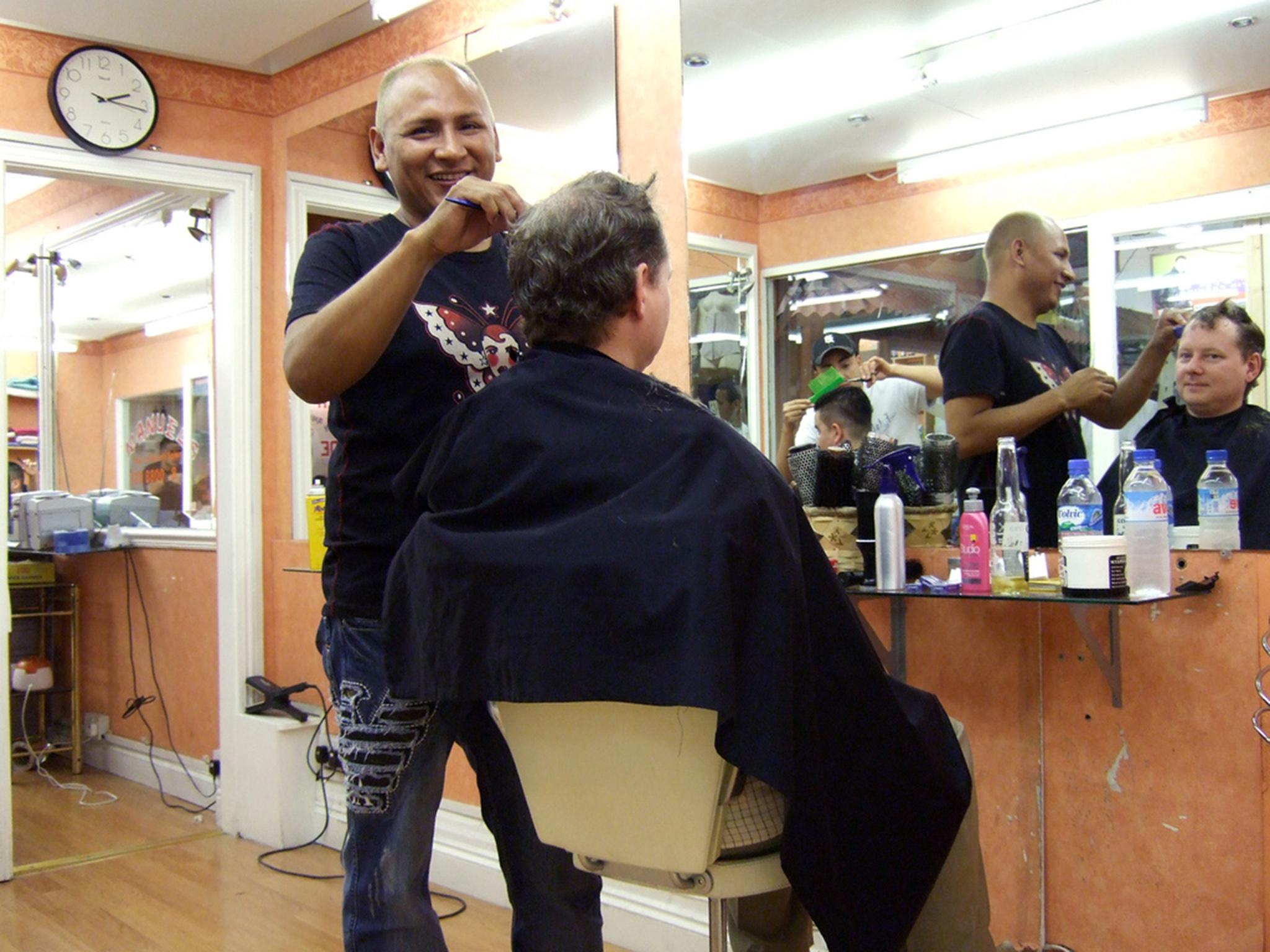
“It is ambitious,” said Alan Strickland, the local council member responsible for regeneration. “The scale of the challenge is very big.”
The market’s traders – largely Colombian, but also from Peru, Ecuador, Brazil and parts of Africa – will be moved across the street in 2020 while the market is being upgraded. Then, a couple of years later, they will have the option to move back, according to the local council and Grainger, the company in charge of the development.
Grainger acknowledges that some traders’ rents will go up, but insists that they will be more affordable than those available on the open market. It has promised to hold rent increases to 2 per cent for five years from 2020.
Alvarez, 47, has led efforts to oppose the moves. She and her colleagues want stronger guarantees of rent control, more financial compensation and greater clarity about the plans. They have taken the fight to Britain’s courts, and even got the United Nations human rights body to weigh in on their side.
Many other locals also oppose the changes, which they disparagingly call gentrification.
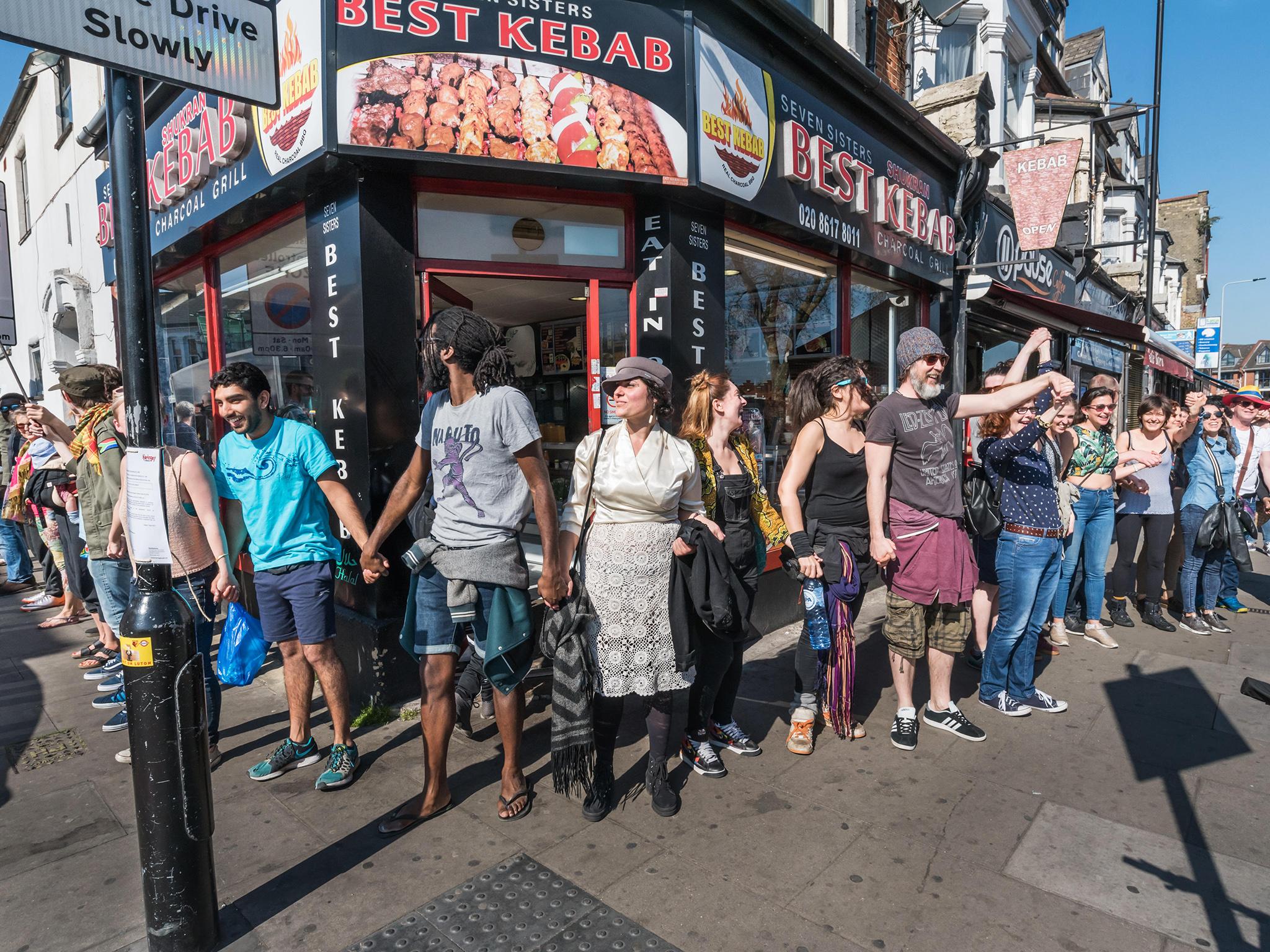
Further along the High Road, the twin brothers who run Chick King, a fried chicken restaurant, are worried. Their small eatery has sat directly opposite the football stadium since they opened in 1981. But their cafe, along with a string of houses and shops, faces demolition to make way for a walkway connecting the stadium to a soon-to-be-redeveloped train station.
“The community wanted to see improvements,” said Alex Tryfonos, one of the brothers, “but not wholesale demolition of the area.”
He agreed that Tottenham needed the new investment, and the jobs associated with it. But he and other business owners worry that the redevelopment will mean either being forcibly removed – an official report after the riots advocated having fewer, and larger, shops and restaurants – or being priced out.
“I’m not opposed to change,” said Susan Nguyen, whose nail salon is a few doors down from Chick King, before adding: “I would be heartbroken if I had to leave the area.”
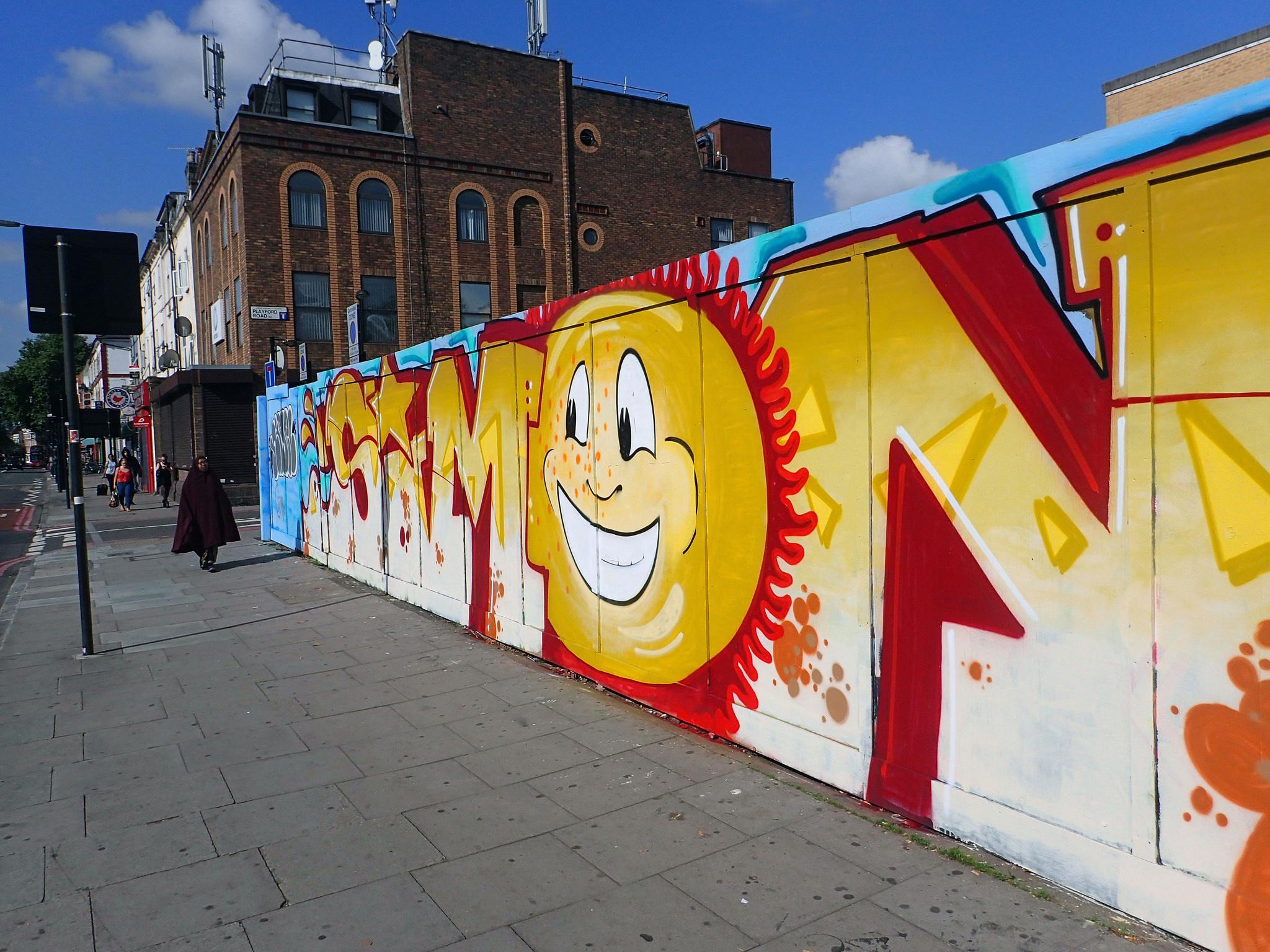
Strickland insisted that the plans would have a positive effect on Tottenham, and that there had been wide consultation with locals. And he said some of the factors at play, like London’s sky-high property prices, were out of the local authority’s control.
Yet for Alvarez, the changes in the district are irreparably altering its distinct character and culture. Sitting down above a beauty salon to catch her breath, she said that when her fellow traders asked her what she thinks will happen, she was often at a loss for words.
“I cannot tell them that I can see the future so grim sometimes,” she said. “But sometimes I do. And I cry.”
© New York Times
Join our commenting forum
Join thought-provoking conversations, follow other Independent readers and see their replies
Comments